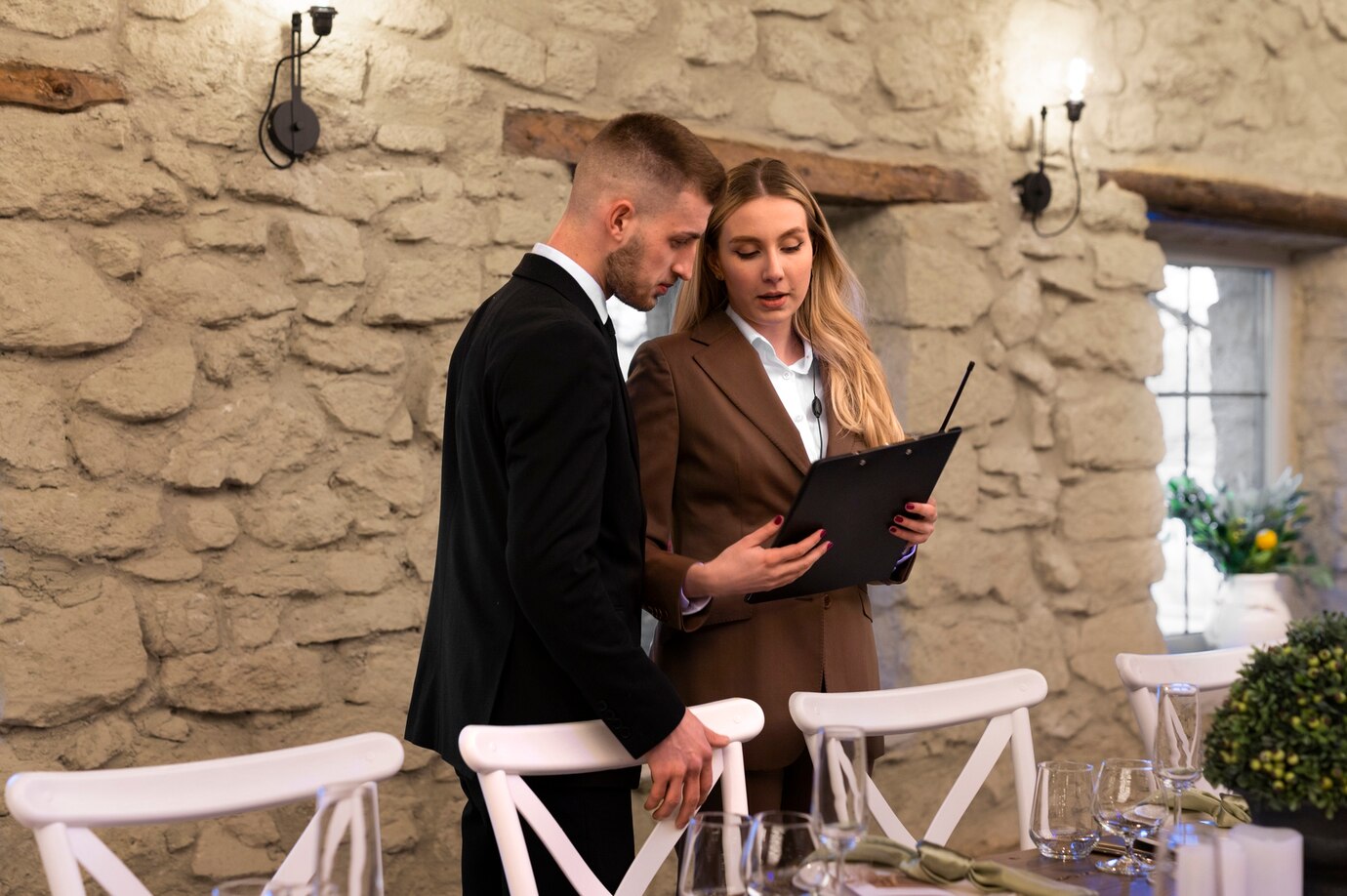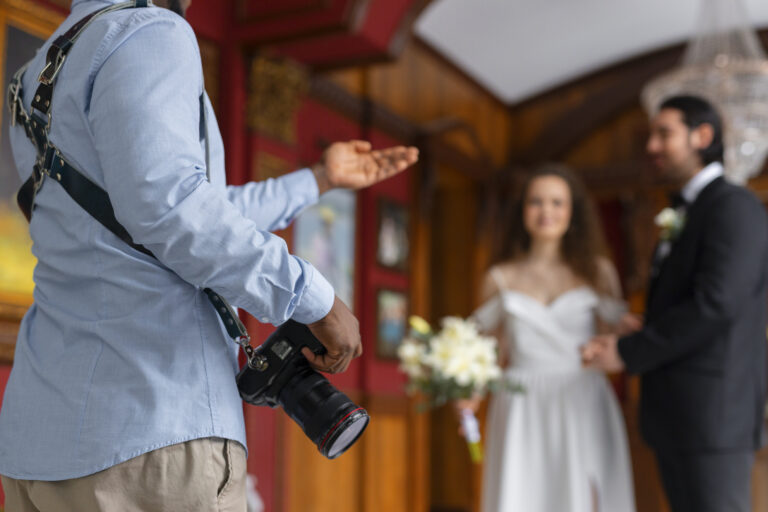Introduction
Knowing how to choose a wedding venue is an essential part of wedding planning because you can’t have a wedding without the ideal location for the celebration. Selecting a wedding location is a crucial step that must be completed before you go too far in the planning process, regardless of your preference for a local celebration at a wedding venue close to you or a destination wedding at a resort.
To help you make this big wedding decision a little less intimidating, check out our tips for choosing the right venue.
- Get Started on Your Venue Search Early
To avoid disappointment, start looking for your wedding venue as early as possible since popular venues often book out a year or more in advance. If you have a set date, it’s best to schedule visits and secure your spot right away. However, if you’re flexible with your date, the venue’s availability can help you decide when to hold the event. Also, keep in mind that with any season—whether it’s winter, spring, summer, or fall—weather can be managed. If your celebration is outdoors, plan a backup option like a nearby indoor area or tent in case of unexpected weather.
- Location, Location, Location!
Selecting a wedding location is a significant choice. Think of your guests’ ease of travel: the venue’s accessibility, hotel availability, and airport proximity. Consider traffic and parking, particularly for weddings held during the week. While destination weddings and unusual locations are fantastic, make sure your website and invites provide clear travel information.
- Hire a Wedding Planner to Help
Because they can suggest locations that fit your taste, price, and number of guests, a wedding planner who knows the area you have selected can be really helpful. They resemble a human guidebook! Planners can also assist you in imagining how to turn an empty area into the scene of your dreams. Having a venue with an on-site coordinator might be really beneficial if you’re preparing alone. They are familiar with the area and may assist you with logistics, but make sure you know what their responsibilities are—some may merely take care of venue-related duties or provide food and drink, while others provide more extensive assistance.
- Think About the Number of Visitors
Before searching for a venue, estimate your guest count. Many venues require a deposit based on this number. Consider the venue size to accommodate your guests comfortably, avoiding both overcrowding and emptiness. While you can refine your guest list later, estimating early helps in planning and budgeting.
- Know the “Big Picture” of the Budget
Venues for weddings can be expensive. You may have to pay extra for things like tables, chairs, linens, and even parking in addition to the room rental. Service fees, taxes, and gratuities may raise the whole cost even more.
- Have Faith in Your Instincts
After visiting a few venues, you might have a shortlist of great options. Now, trust your gut! Which venue gives you that special feeling? Do the staff seem both experienced and genuinely excited about your wedding? If you’re fortunate to have several places that meet your needs and budget, go with the one that feels just right.
Conclusion
In conclusion, think about things like shared wedding dates, staff communication, contract clarity, wedding experience, flexible accommodations, extra expenses, and receptivity to new ideas when evaluating venues.




